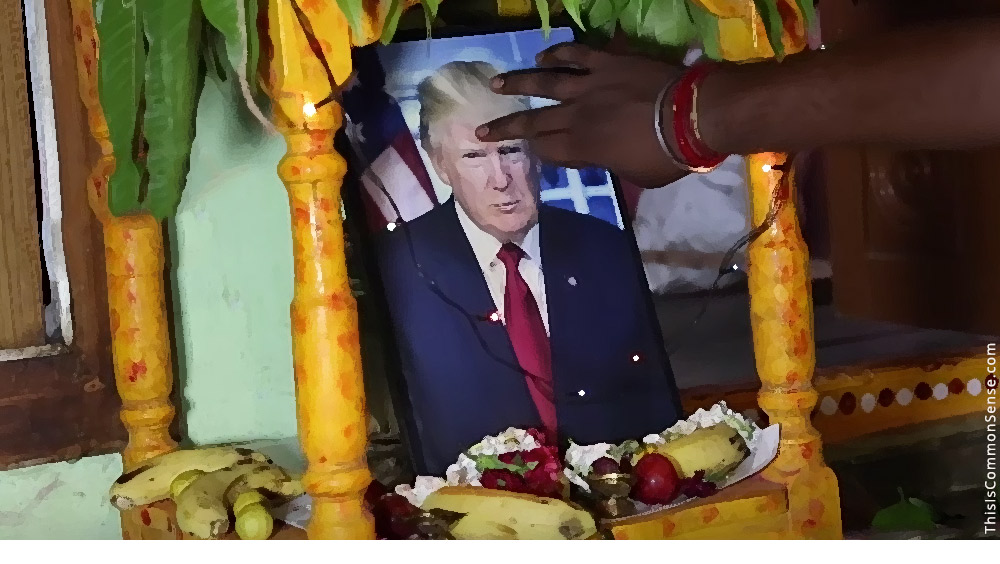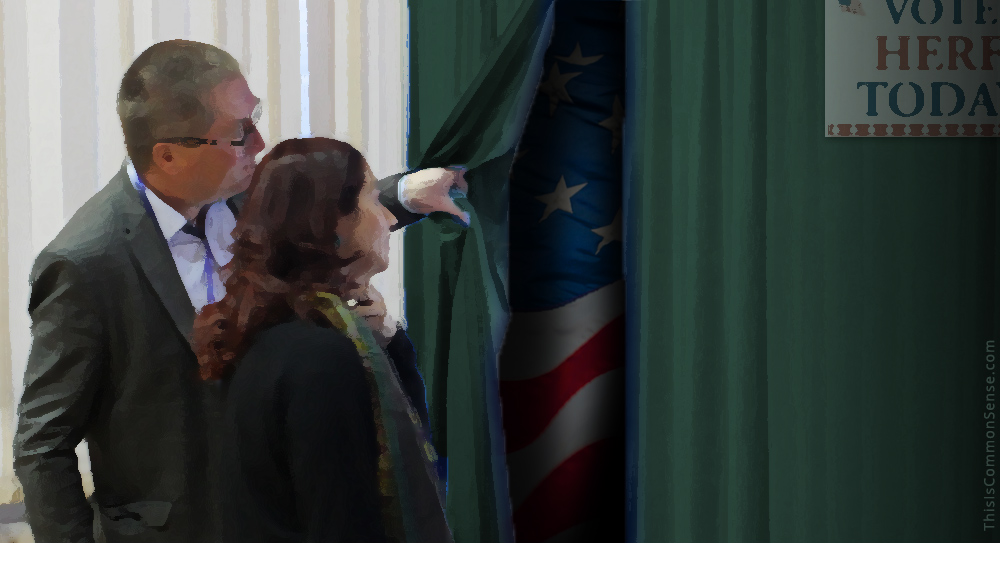Is it okay to steal if you can get away with it?
A full answer would require a treatise. But most of us common-sensibly understand that evil does not magically become good when perpetrators are not stopped or punished. Thrasymachus was wrong to contend, in Plato’s Republic, that justice is merely the “interest of the stronger.”
When it comes to crimes like bank robberies, muggings and car jackings, we have no doubts about this. In such blatant cases, we suffer nothing like the legitimate confusion to which we may be prone regarding the exact border between adjacent parcels of land or the niceties of intellectual property law.
Well, somebody tell the New Hampshire state police.
Some of them apparently believe it’s okay to steal if you can evade laws against the stealing.
New Hampshire’s recent reform of civil forfeiture laws requires criminal conviction of a person before there can be any forfeiture of his property. But a loophole enabled officers to grab $46,000 of Edward Phipps’s money — from his car, stopped on the road — even though he was never accused of a crime.
How?
It seems that if state cops collaborate with the feds, safeguards established to prevent such abuse can be evaded.
To retrieve even a little of his money ($7,000), Mr. Phipps was forced to relinquish all claim to the balance ($39,000). Even if lawmakers close the loophole, as they should, the robber-cops will probably get away with this particular larceny.
They shouldn’t.
That’s injustice, not common sense. I’m Paul Jacob.
Photo Credit: N.H. State Police











